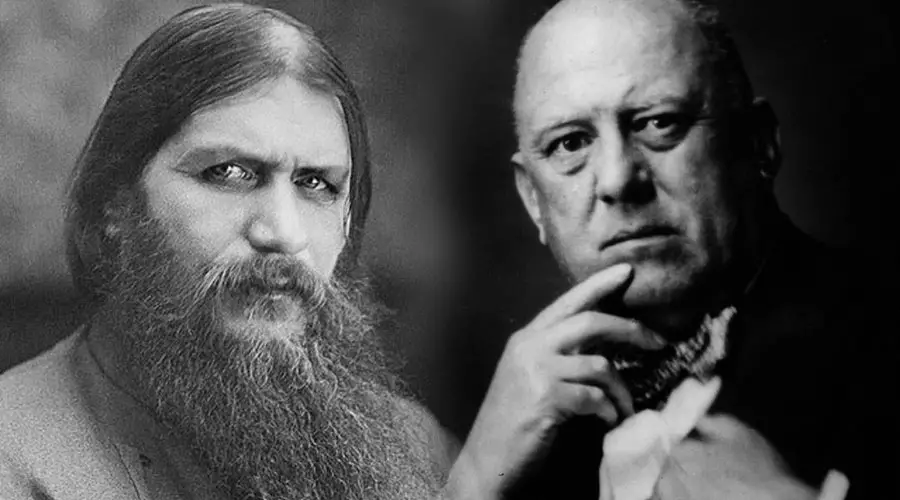
While Aleister Crowley and Rasputin appeared to have never met, nor share any sort of ties with one and other, there are many similarities between the two men, as well as marked differences. In this article we are going to compare and contrast the two legendary mystics of the 20th century.
Aleister Crowley and Rasputin, born 6 years apart in the late 1800’s, are both legendary mystics of the 20th century who continue to fascinate. They both practiced a personalized form of spirituality that was characterized by a connection to the supernatural, excessive hedonism sexuality. Crowley was known as The Great Beast, while Rasputin is Russian for “debauched one”.
The Early Years of the Two Mystics
While Crowley was born into a wealthy family and educated at Cambridge, Rasputin was born to peasant farmers, and received no formal education. They both grew up in highly-religious environments, though while Crowley rejected the religion of his parents, Rasputin embraced it.
Crowley was born into a wealthy and very strict Christian family in 1875. His father was an engineer who had inherited vast wealth and chose to retire young, dedicating his time to being a travelling preacher. As a young man, Aleister Crowley was educated at the University of Cambridge, while also pursuing his passions of poetry and mountaineering.
Rasputin’s beginnings were in sharp contrast to Crowley’s. He was born in a small village in Siberia to a peasant family in 1869. His father was a farmer and church elder. Rasputin’s parents had 7 other children, all of whom died in early childhood. Like other Siberian children of the time, he received no formal education, and was not literate until early adulthood. Some evidence suggests that as a youngster he caused a lot of trouble, including drinking, small theft, and general disrespect for authorities. His psychic abilities were evident from a young age, at one point identifying a horse thief while laying sick in bed.
The Role of Christianity in their Lives
When Crowley’s father died when he was 12, he turned away from religion, eventually finding his interest in western esotericism. In the case of Rasputin on the other hand, the Eastern Orthodox Church was central to his entire life story. In 1987 he had a religious conversion experience, becoming a devout Christian. Later, it was through contacts he made in the church that enabled him to make connections with the tsar and his family and gain his power and influence.
Comparing the Travels of Crowley and Rasputin
Both of their lives were marked by travels which were important to their spiritual understandings, as well as networking with important figures that allowed them to become who they were. Crowley’s travelled spanned the globe, while Rasputin’s were mostly confined to Russia, with a couple trips just outside the country. Crowley even travelled to St. Petersburg in 1897, expressing an interest in learning Russian and becoming a diplomat, although the two mystic’s paths never crossed.
Crowley’s Travels to Mexico, the Far East, and Egypt
In 1900 Crowley travelled to Mexico, where he continued to perform magic as well as write plays and poems. He had a series of romances in Mexico, as well as climbed several of Mexico’s largest mountains during his stay there.
In 1902 Crowley travelled to India to study Hinduism and Buddhism. He devoted himself to Raja yoga, and studied at the Meenakshi Templin in Madura. During this time, he contracted and recovered from malaria. He then attempted to ascend the legendary mountain peak K2, which had never been climbed at the time. After suffering more illness during the climb, they were forced to turn back at 20 000 feet.
In 1904 Crowley went to Cairo, Egypt, as he was fascinated by ancient Egyptian religion, particularly the deity Thoth, which you can read more about here. It was in Egypt where he was contacted by a supernatural entity named Aiwass, who communicated The Book of the Law, the book upon which Thelema, the religion Crowley created, is based upon. Upon writing this book, Crowley announced the start of the Aeon of Horus. It is from this text that Crowley’s famous quote “Do what thou wilt” comes from.
Other travel destinations in Crowley’s life include Japan, Algeria, Germany and France, and the United States, Canada, Portugal, and Chine.
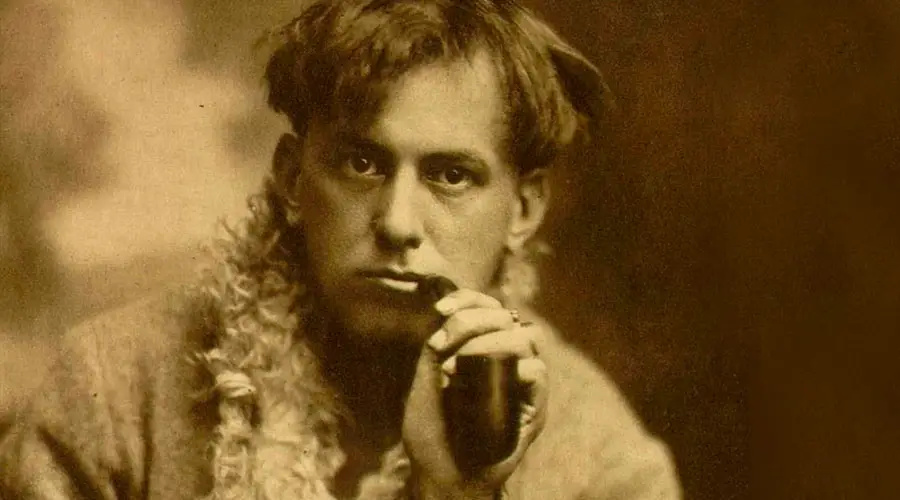
The Travels of Rasputin
In contrast to Crowley, Rasputin’s travels were much more modest, though still essential in his development as a mystic. In 1886 he travelled 250 km from his home town to Abalak, Russian. It was here that he met his future wife.
In 1897, at the age of 28, Rasputin had a vision of the Virgin Mary, and embarked upon a religious pilgrimage to the St. Nicholas Monastery at Verkhoturye. For several years after his visit to the monastery, he wandered throughout Russia visiting holy sites.
His travels included a trip to Mount Athos in 1900, which is located in northeastern Greece, and is an important center in Eastern Orthodox Monasticism. It was during this trip that Rasputin decided to be a pilgrim rather than a monk, as he was offended by the homosexual activity happening at the monastery. This is in contrast to Crowley, who had numerous same-sex relationships throughout his life.
In 1903, Rasputin made his first trip to St Petersburg, where he made contacts and laid the foundation for eventually become a powerful presence in the palace of the tsar. In 1905 he travelled to the city of Kazan, where he gained a reputation as a starets, or holy man, who could help people with their spiritual problems. Later that year, he returned to St Petersburg and formed his connections with the imperial family, and in particular the tsarist Alexandra.
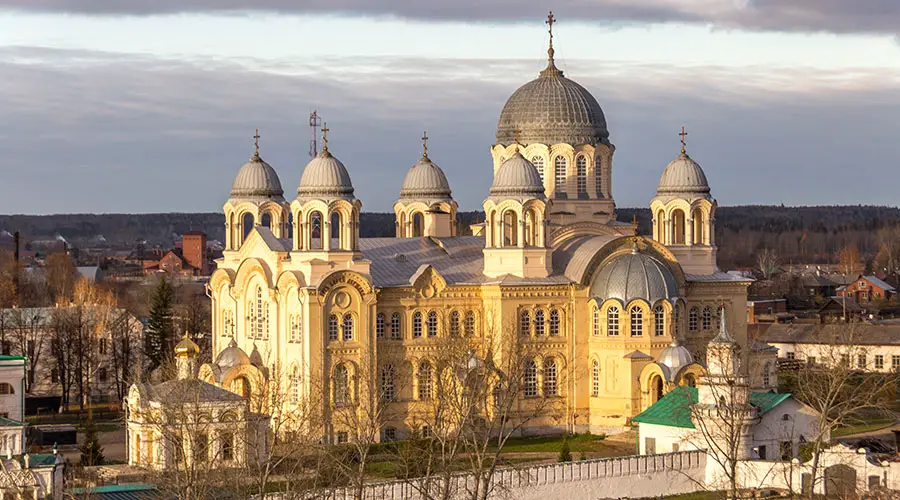
Spiritual Organizations They Belonged To
Both Alistair Crowley and Rasputin were involved in spiritual organizations which deeply informed the course of their lives, before forming their own organizations. For Crowley, it was secret societies in the western esoteric tradition, while Rasputin was involved in the Eastern Orthodox Church, the primary entity in Russian spiritual life.
Crowley and The Hermetic Order of the Golden Dawn
In 1898 Crowley joined the Hermetic Order of the Golden Dawn, a magical order which practiced occultism. He met founding member Samuel Liddell MacGregor, as well as senior member Allen Bennet who mentored him. The two lived together and explored drug use.
Crowley and the O.T.O (Ordo Templi Orientis)
In 1912 Crowley was initiated into the O.T.O, an esoteric order based in Germany. He rose to become the leader of the British branch, and then when groups were established in North America, he spent the First World War in the United States.
Crowley quickly progressed through the ranks of the order, but became unpopular amongst other members and became involved in feuds, and he was refused initiation into the second order. When Mathers, the group’s leader personally initiated him, a schism developed in the organization between Mathers and the members opposed to Crowley. On Mathers orders, Crowley attempted to seize the London temple. The case was taken to court with the judge siding against Crowley and Mathers, leaving them isolated from the group.
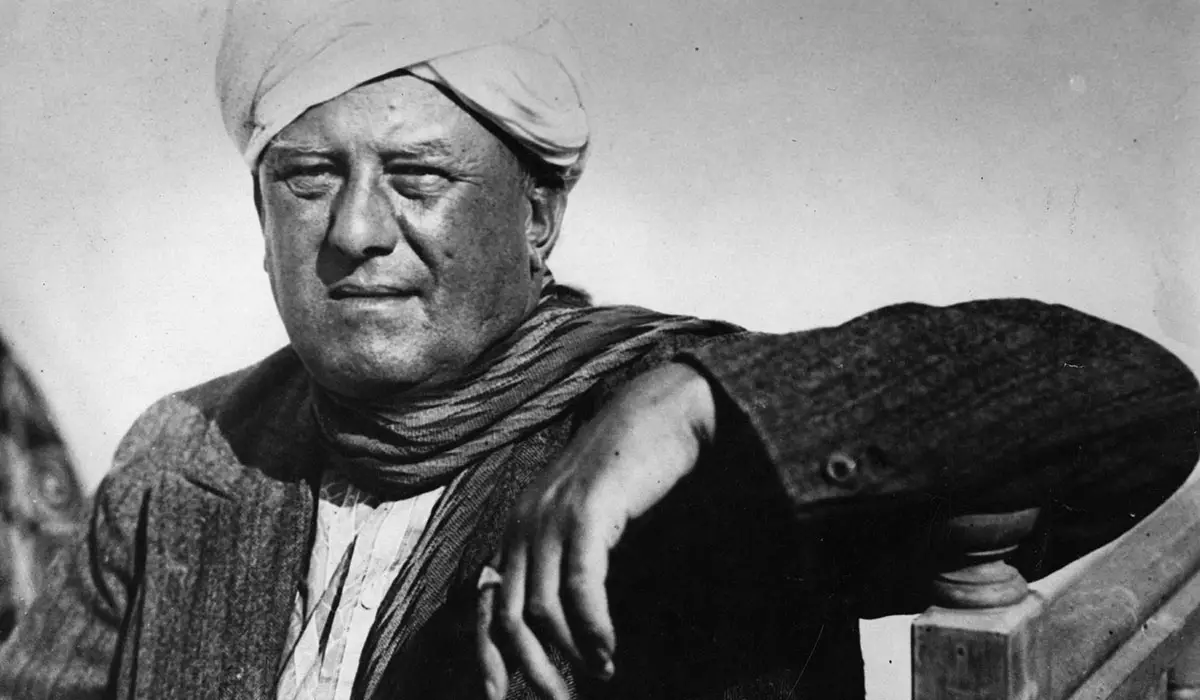
Rasputin and the Eastern Orthodox Church
When Rasputin went on his pilgrimage to St. Nicholas Monastery at Verkhoturye in 1897 at the age of 28, he spent several months there. It was possibly here that he learned how to read and write. This experience profoundly changed him, and he became a vegetarian, and began regularly praying. This monastery was the home of a radical sect called the Khlysty, who were known for a mixture of worship and orgies. This seemed to have made a deep impression on Rasputin, who already showed inclinations towards profound spirituality and simultaneously intense hedonism.
In 1905 when he was in the city of Kazan, he was introduced to the father superior of the Seven Lakes Monastery, as well as other prominent Bishops and Archimandrites (superior abbot in Eastern Orthodoxy). They arranged for him to travel to St. Petersburg.
In St. Petersburg, Rasputin was introduced to Archimandrite Theofan, who was very well-connected in St. Petersburg society, even serving as the confessor to the tsar and his wife. Theofan became one of Rasputin’s most important contacts, and was so impressed by Rasputin he invited him to stay in his home, and introduced Rasputin to the salons where the aristocracy were gathering for spiritual and theosophical discussion. Rasputin formed friendships with the “Black Princesses” Militsa and Anastias of Montenegro, and through them met the tsar and his family.
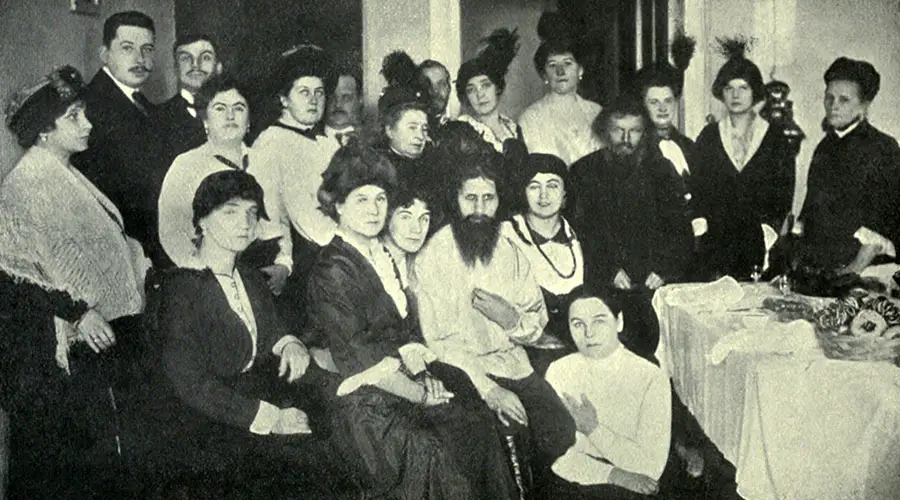
The Formation of Their Own Spiritual Organizations
Both Rasputin and Crowley eventually became the leader of their own spiritual movements, which were characterized by radical reinterpretations of existing spiritual traditions that they had learned from. Sexuality was central to both, with Crowley developing magical ceremonies for members of his organization involving sexual acts. Many of his own personal important spiritual experiences involved sex, often sadomasochistic in nature, and involved partners of both genders. Rasputin preached that in moments of sexual exhaustion divinity could be found, and was rumoured to be engaged in affairs with many of his female followers. Crowley made extensive use of recreational drugs throughout his life, while Rasputin was a heavy drinker, apparently favouring wine.
In 1907 Crowley founded a new esoteric order called A∴A∴ along with cofounder George Cecil Jones. The organization was dedicated to advancing humanity through improving the individual through a series of initiations that blended elements of Buddhism with Vedantic yoga, ceremonial magick, and the Qabalah. The name of the organization stands for Argenteum Astrum, Latin for Silver Star.
After receiving The Book of the Law from Aiwass, Aleister Crowley proceeded to develop Thelema, his own esoteric and occult philosophical and religious movement. The word Thelema is Greek for ‘will’. In Thelema, there is a pantheon of deities, especially three beings known as Nuit, Hadit, and Ra-Hoor-Khuit. Also present in ancient Egyptian religion, they are the three speakers of The Book of the Law.
The essence of Thelema can be summarized in the following three statements,
“Do what thou wilt shall be the whole of the Law”
“Love is the law, love under will”
“Every man and every woman is a star.
Upon receiving The Book of the Law, Crowley also declared it the beginning of the Aeon of Horus, a new age in human development characterized by what he called “the Crowned and Conquering Child”. He made a distinction from this age, and the previous, which he referred to as the Aeon of Isis, characterized by the mother/goddess idea, or the one preceding that the Aeon of Osiris, which was marked by redeemer-based religions such as Christianity.
In the early 1900s Rasputin started to have a small group of followers, mostly family members and other local peasants. They would meet to pray on Sundays and religious holidays in a chapel that he had built at his father’s house, where he was still living. Other members of the local community, including the village priest were hostile and suspicious of this group, and rumours abounded that Rasputin was having the female members of his group ceremonially bathe him before their meetings.
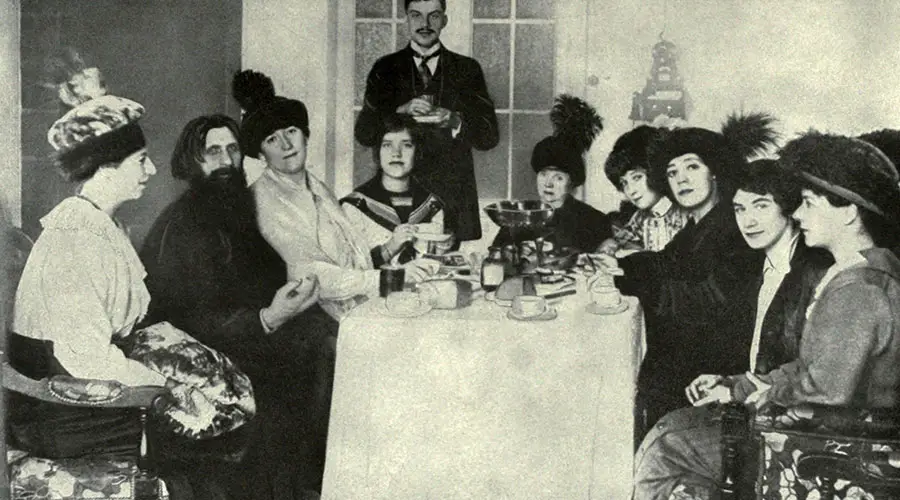
Crowley and Rasputin Were Both Married
Both Crowley and Rasputin were married and had children, despite being extremely sexually promiscuous throughout their lives.
In 1902 Crowley travelled to Paris, France, with his friend Gerald Kelly, a British portrait artist. He then met his friend’s sister Rose Edith Kelly, who would become his wife. They honeymooned in Egypt, and it was during this trip that Crowley received The Book of the Law from Aiwass, which he would base his own religion on. Rose became an alcoholic and was eventually institutionalized. The couple divorced five years later in 1909, after having two children together.
Rasputin met his future wife in Abalak, Russian, at the very beginning of his travels. She was a peasant girl named Praskovya Dubrovina, and after several months of courtship they married. The marriage lasted for the rest of Rasputin’s life, despite him leaving for months and even years at a time during his spiritual wanderings. Together they had seven children, though only three of them survived past early childhood.
Famous Associations They Each Kept
During his life Crowley came into association with many of the leading figures of western esotericism at the time, including Samuel Liddell MacGregor Mathers, who was the leader of The Golden Dawn, as well as Allen Bennet, a senior member who mentored Crowley in magik. During his time in Paris, Crowley socialized with high profile figures in the art world. However, it was Rasputin who became an essential authority to the imperial family of Russia, one of the most powerful families in the world at the time.
After being introduced to the imperial family by Militsa and Anastias of Montenegro in 1905, Rasputin would go on to hold vast power and authority in the palace. In 1906 he became the healer for the imperial couple’s son Alexei, who had hemophilia. Within the court he was considered a mystic, visionary, and prophet, though others saw him as a charlatan. The Czarina Alexandra was passionately devoted to Rasputin, deeply believing in his abilities to heal her son. In 1912, while Rasputin had returned to his home village, the young Alexei was in critical condition and Alexandra sent a telegram to Rasputin, asking him to pray. He responded “God has seen your tears and heard your prayers. Do not grieve. The Little One will not die. Do not allow the doctors to bother him too much”. Shortly after Alexei’s health mysteriously improved, which the physicians could not explain. Alexandra’s faith in Rasputin was confirmed in this moment.
As Rasputin became more involved with the court, the tsar made him the lamplighter, which meant that it was his job to keep all of the lamps around the religious icons in the palace lit. As Rasputin’s influence grew, so did the rumours of his sexual activities, and he faced intense opposition from many, such as the local clergy, and the Tsar’s secret police. In 1909 he was accused of rape by one of his early supporters.
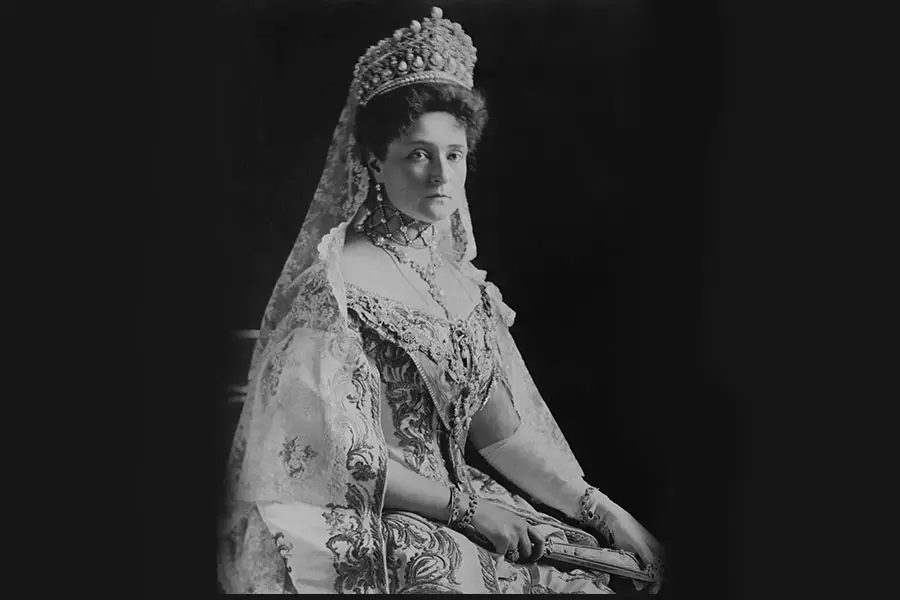
Contrasting the End of Their Lives
At the peak of Rasputin’s power, he was assassinated, while Crowley lived to be elderly, dyeing in poverty.
In 1915 Nicholas II left St. Petersburg to lead the army during WW1, leaving Alexandra and Rasputin in charge. This was the height of Rasputin’s influence. As Russia suffered a series of defeats in the war, him and Alexandra became increasingly unpopular. In 1916 he was assassinated by a group of noblemen. Several weeks later the Romanov dynasty was overthrown.
The assassination was done by luring Rasputin to the home of Prince Felix Yusupov, where he died of three gunshot wounds. Upon arriving at the palace, Rasputin was brough to the basement and offered tea and cakes laced with cyanide. To his assailant’s surprise, he was unaffected by the poison. Rasputin then requested some wine, and drank three glasses which were also poisoned. At 2:30 in the morning, Yusupov went upstairs, got a revolver, and then returned to the basement and shot Rasputin in the chest. Later that night, Yusupov returned to the basement to ensure Rasputin was dead, when Rasputin leapt up and attacked him. Yusupov fled upstairs with Rasputin in pursuit, before Rasputin was shot in the courtyard by Yusopov’s co-conspirators.
Crowley died in 1947 in Hastings England. By this time, he was a heroin addict, and suffering from a respiratory infection. Shortly after his death the doctor who had been treating him also died, and it is rumoured Crowley put a curse on him for refusing to prescribe more drugs to him.
Recommended Reading
If you’d like to continue researching the history of mysticism, or any of the other topics discussed on this website, you can see which books I recommend by clicking here.


